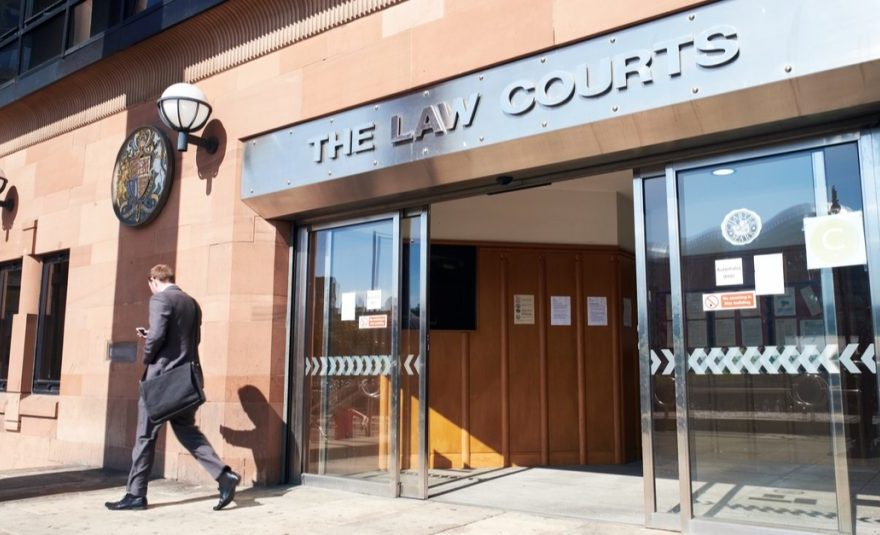Protect yourself from pension scams

UNDERSTANDING THE WARNING SIGNS TO KEEP YOUR MONEY SAFE
Being online more means criminals have a greater opportunity to approach unsuspecting victims with their scams.
Online scams can have a devastating financial and emotional impact on victims. Pension scammers are bombarding the public with scam calls, texts and emails and it can be easy to fall victim to such a scam.
Anyone thinking about making an investment should always do their research first, visit the Financial Conduct Authority’s (FCA) website and double check every detail before handing over any money or personal details.
HOW AND WHERE FRAUD CAN OCCUR
One of the best defences is to understand how and where fraud can occur. People should be wary of unexpected contact that comes out of the blue, such as cold calls, letters or emails, and they should be sceptical of unusually high or unrealistic returns.
If an offer looks too good to be true, it probably is. People should also be wary if they come under pressure to quickly withdraw money from a pension or complete a transfer. The best option for people considering transferring a pension or withdrawing money as they retire is to speak to a qualified professional financial adviser.
UNSOLICITED EMAILS, TEXTS, TELEPHONE CALLS
14% (7.6 million) of adults in a recent survey say they have received unsolicited emails, texts or telephone calls from people encouraging them to transfer or release money from their pension[1]. Nearly half (47%, or 25 million) say pension scams are hard to spot, but only a third (32%) say they know how to report a scam. Currently, 27% (14 million) adults are worried that they may unwittingly fall prey to a pension scam, because scams are sophisticated these days.
HOW TO MINIMISE THE RISK OF PENSION SCAMS
Pension scams can be hard to spot. Scammers can be articulate and financially knowledgeable, with credible websites, testimonials and materials that are hard to distinguish from the real thing. So what should you do if you have concerns and receive an unsolicited contact?
- Hang up if you have concerns straight away. If you receive a cold call, the safest thing to do is to hang up, as chances are it’s a scam.
- Make sure you’re aware of the warning signs. This includes unsolicited approaches by phone, text, email or even at your door.
- Can you call the firm back? If you’re forced to make a quick decision this is a sign of a potential scam.
- Contact details on their website may only be mobile numbers, which is another red flag. Understand the salesperson.
- Check whether the caller, or their firm, are licensed to sell.
- Check the FCA register of regulated companies, or the FCA warning list.
- Make sure you ask questions. Most scammers don’t want you to investigate their ‘offers’ so be sure to do your own research and look into the company, including their financial statements.
- And remember, if it sounds too good to be true – it probably is. Fraudsters like to offer low-risk investments with a high return.
SPOT THE WARNING SIGNS AND KEEP YOUR PENSION SAFE
If you receive unsolicited cold calls, texts and emails from an individual or firm about your pension they are unlikely to be legitimate. It doesn’t matter how financially savvy you are, pension scams can be hard to spot so it pays to obtain professional financial advice from an FCA registered firm. To find out more, please contact us.
Source data: [1] https://www.lv.com/about-us/press/14mbritons-fear-falling-victim-to-pension-scams




